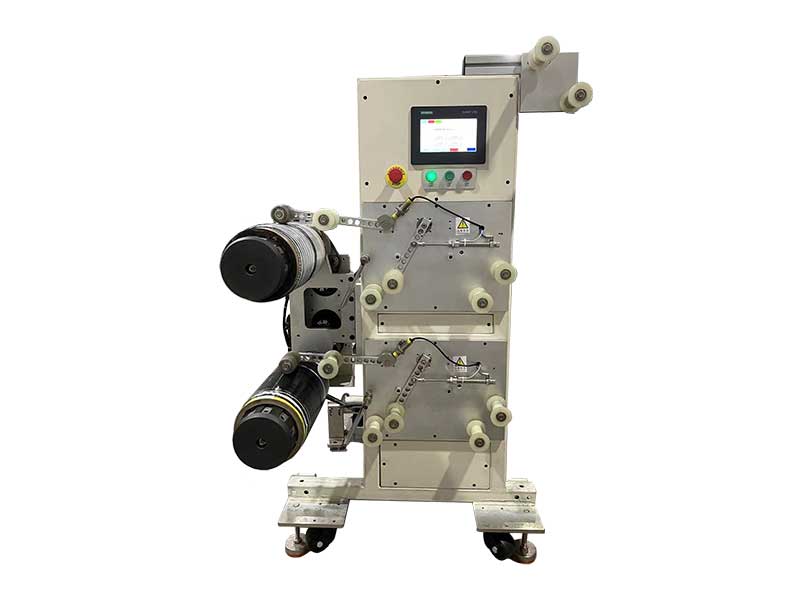
Slitting machines are widely used in packaging, printing, papermaking, and other industries to cut large rolls of material to the desired size. However, the scrap generated during the cutting process not only affects production efficiency, but can also cause pollution to the working environment. For this reason, a fast waste disposal system has been developed to ensure a clean and fast working environment by automatically collecting scrap from the corners.
Features of the Rapid Waste Removal System
1. Automatic collection: Equipped with advanced sensors and control systems, it can automatically identify and collect the corner waste generated during the cutting process without manual intervention.
2. High-capacity waste bin: Designed with a large-capacity waste collection bin, it reduces the need for frequent cleaning and improves production continuity.
3. Silent operation: Adopt low-noise fan and dust collection device to ensure that there will be no excessive noise when collecting waste materials and maintain a good working environment.
4. Easy maintenance: The waste collection system has a simple structure, which is easy to disassemble and clean, reducing maintenance time and cost.
5. Design: After the waste is collected, it can be centrally processed or recycled, which meets the requirements and reduces the waste of resources.
Advantages of a fast waste removal system
1. Improve production efficiency: Automatic collection of scrap materials reduces downtime and enables the production line to run continuously and quickly.
2. Keep the working environment clean: effectively collect waste, avoid environmental pollution caused by waste scattering, and improve the cleanliness of the working environment.
3. Reduce labor intensity: The automatic collection system reduces the workload of manual cleaning of waste materials and reduces the labor intensity of operators.
4. Improve safety: Waste materials are collected and processed in a timely manner, which reduces potential safety hazards caused by waste accumulation, such as slipping, tripping and other accidents.
5. Cost saving: Through centralized processing and recycling of waste, the cost of waste disposal is reduced, and the resource utilization rate is improved.
Practical examples
When using a traditional slitting machine, a printing plant often encountered the problem of waste accumulation in the corners, which not only affected the production efficiency, but also increased the time and cost of cleaning work. After the introduction of a slitter with a rapid waste removal system, the plant found that the scrap was automatically collected into a high-capacity waste bin, resulting in a cleaner working environment and a significant increase in productivity. In addition, the centralized processing and recycling of waste materials has resulted in some cost savings for the plant.
summary
The rapid waste removal system significantly improves the productivity of the slitter by automatically collecting scrap from the corners, keeping the working environment clean and safe. This system not only reduces the workload of manual cleaning, but also meets the requirements, and is widely used in the production line of packaging, printing, paper and other industries.
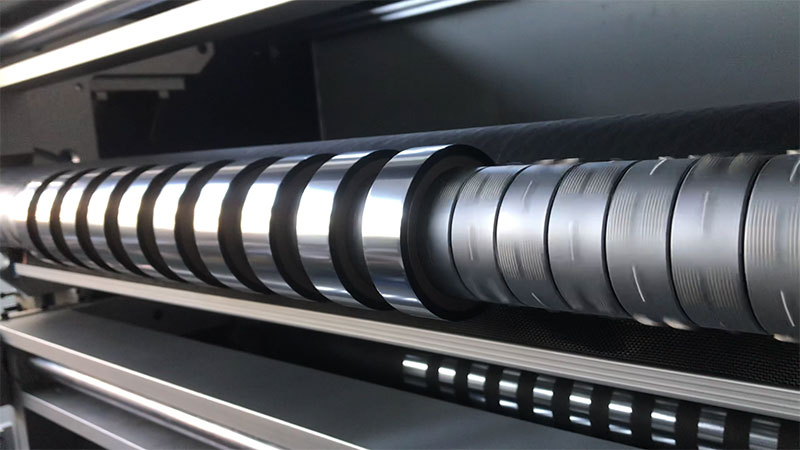 Hot stamping paper slitting machine: a "silky" game in millimeters
Hot stamping paper slitting machine: a "silky" game in millimeters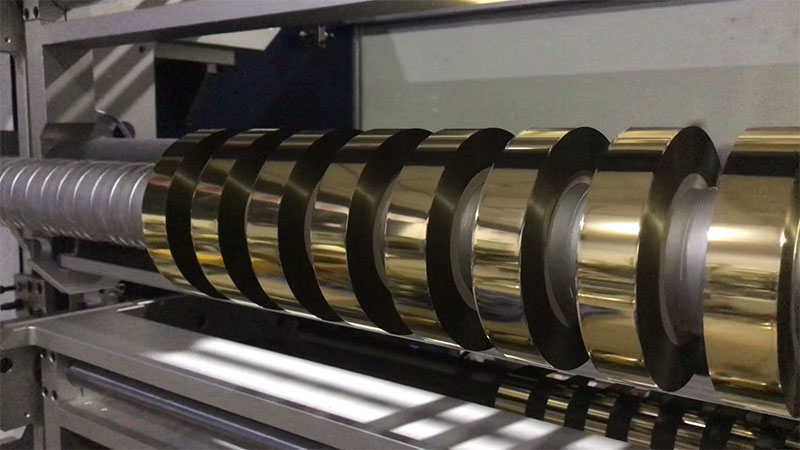 Hot stamping paper slitting machine: in the millimeter, carving the ultimate beauty
Hot stamping paper slitting machine: in the millimeter, carving the ultimate beauty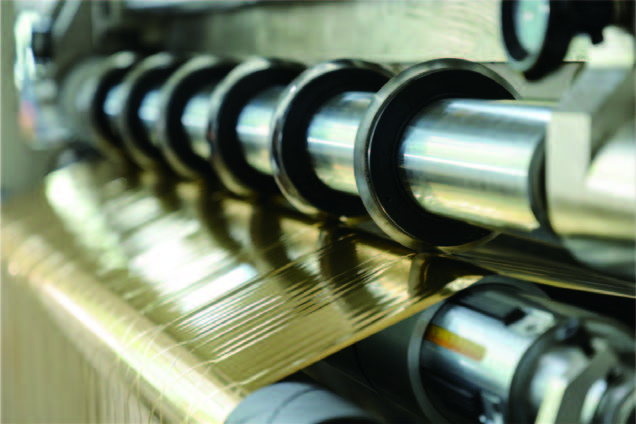 Say goodbye to burr dust: how a new generation of hot stamping paper slitting machines is reshaping industry standards
Say goodbye to burr dust: how a new generation of hot stamping paper slitting machines is reshaping industry standards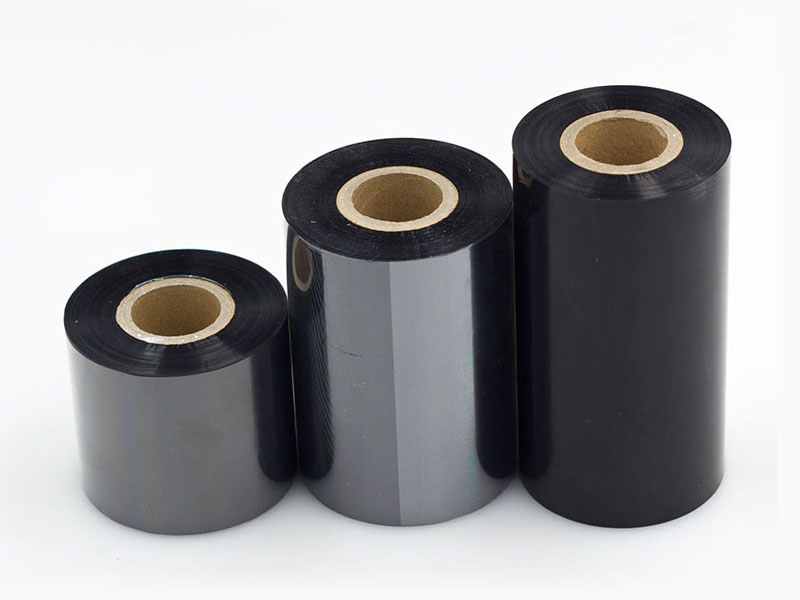 Intelligent control of tension, perfect winding: the core technology of the ribbon slitting machine is revealed
Intelligent control of tension, perfect winding: the core technology of the ribbon slitting machine is revealed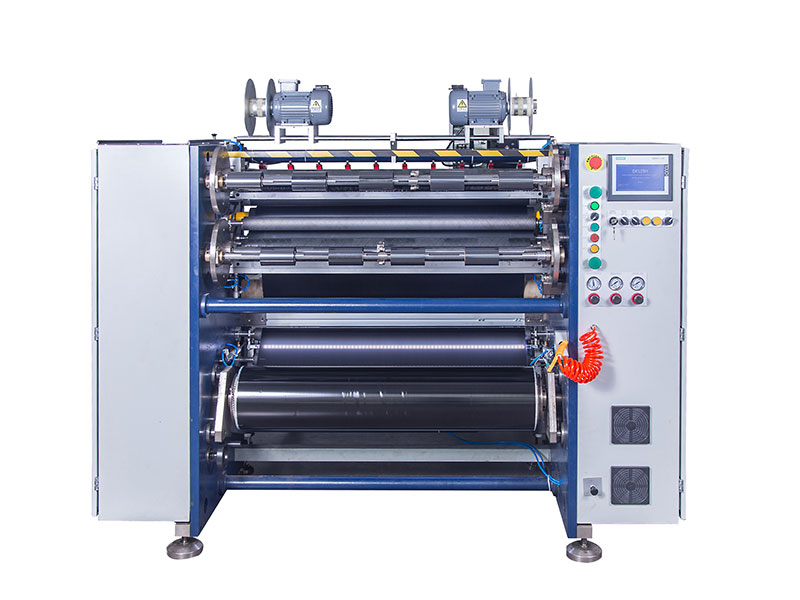 Why do top manufacturers choose this ribbon slitting machine?
Why do top manufacturers choose this ribbon slitting machine?